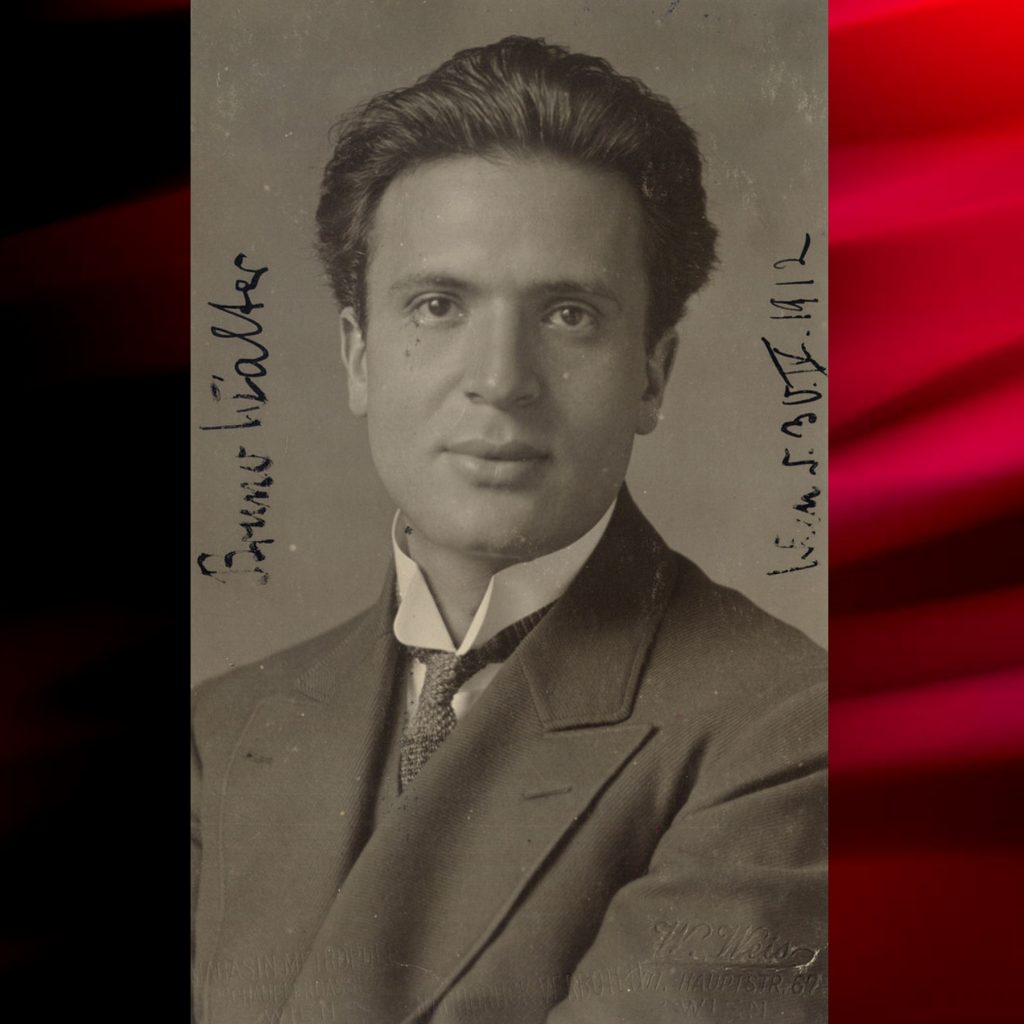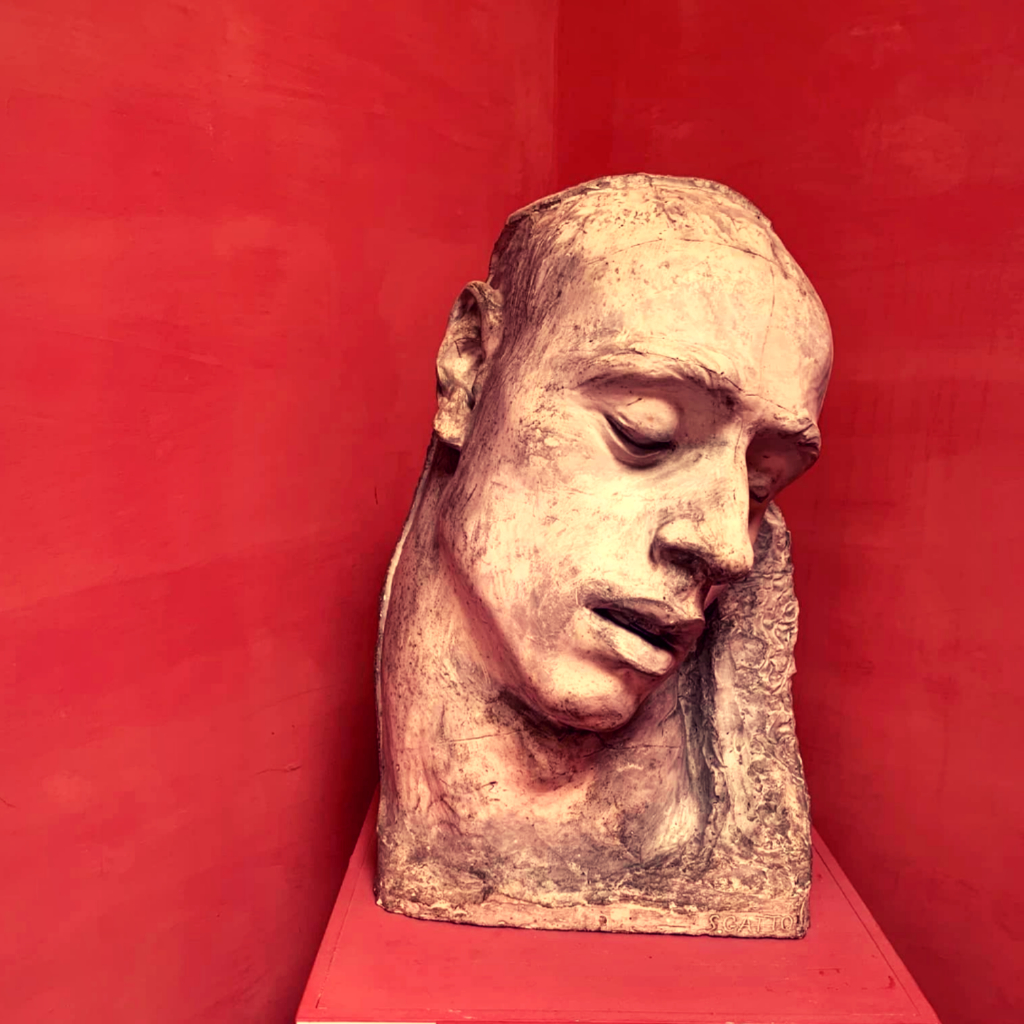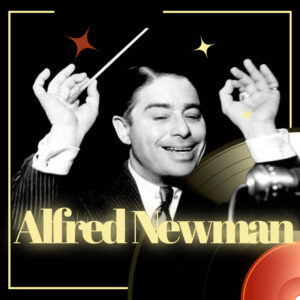
Born in Berlin, Bruno Walter left Germany in 1933 to escape the Third Reich, was naturalised as a French citizen in 1938, and settled in the United States in 1939.
He worked closely with Gustav Mahler, whose music he helped to establish in the repertory, held major positions with the Leipzig Gewandhaus Orchestra, New York Philharmonic, Concertgebouw Orchestra, Salzburg Festival, Vienna State Opera, Bavarian State Opera, Staatsoper Unter den Linden and Deutsche Oper Berlin, among others, made recordings of historical and artistic significance, and is widely considered to be one of the great conductors of the 20th century.
By concentrating on precision, one arrives at technique, but by concentrating on technique one does not arrive at precision.
Bruno Walter
This program is presenting Walter’s largest sequence available in rehearsal. We are allowed to see the conductor in his workshop as he creates the first and last movements of the Second Symphony of Brahms with a consistent skill… In an interview with Albert Goldberg Walter speaks candidly and at length about his career, the art of conducting, the composers closest to his heart, and his views on contemporary music.
Writers often used spiritual metaphors to honor Walter. The author Stefan Zweig compared the beam on his face while conducting to “the countenance of the angels when they look upon God”. And it is indicative of his artistic talent that they were precisely what Walter aspired to achieve. For him, the German music from Bach to Strauss was pure, exhilarating, redeeming. It offered an “unchanging message of comfort,” he wrote in his memoirs “Theme and Variations”. Its “wordless gospel proclaims in a universal language what the thirsting soul of man is seeking beyond this life.”



